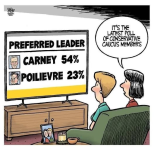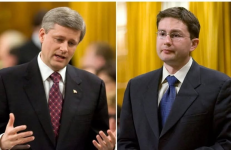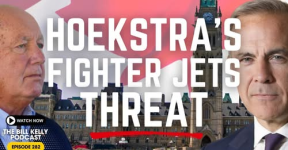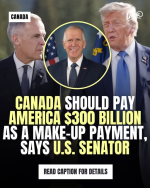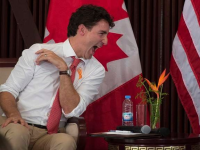Shiftless2
Well-known member

Brilliant little read from Brad Stuart that totally gets it. Sit down and learn a few things.
"If anyone’s wondering — I’ve voted Conservative, Liberal, and even NDP when the local representative was the best person running. I’ve always tried to vote for the person and the plan, not just the party.
Some of my old friends might be surprised by the tone of this post. Maybe even uncomfortable. That’s okay. I’m not here to convert anyone — I’m just offering some perspective from someone who’s seen governments come and go.
I’m not frustrated by disagreement — that’s healthy. I’m frustrated by the mindless reposting of memes, by empty slogans instead of actual solutions, and by the constant blame game that replaces responsibility with outrage.
Polls show that older Canadians are more likely to support the Liberals and there’s a reason for that: we’ve seen governments come and go. We remember the Petro-Canada era, the National Energy Programam backlash, the Mulroney cuts, the Chrétien surpluses, the Harper austerity, and the COVID-era interventions. We’ve lived through it — not just read about it online. What that history teaches you is that ....
MORE>

